B2 Community Investments
This subcomponent will finance physical investments as prioritized through the micro-watershed planning process. Although the menu of potential investments will vary from community to community based on their priorities, three groups can be described:<br> Landscape restoration in community-selected degraded areas will promote hybrid agroforestry models on communal lands, using plant species chosen by the communities. These investments produce non-timber forestry products, such as: fodder, acacia (gum Arabic), balanites, beekeeping, nuts, mushrooms, and grains such as millet and sorghum. Improved pasture and rangeland management and restoration could also be included. Prioritized community infrastructure investments can also be supported.<br> • Climate-smart rainfed agriculture. Support to farmers at the household level to optimize climatesmart rainfed agriculture practices, particularly relating to crops. Investments could include water and soil conservation, optimizing farm management (improved crop varieties, Integrated Pest Management; soil and water testing technologies), controlling invasive species, and supporting value chains. The project will support these investments by providing loans from CRFs to registered community/farmer groups and cooperatives. The project will address gender inequalities in access to funding for enterprises by prioritizing subproject proposals from groups/cooperatives that have women beneficiaries as members and/or leaders.<br> • Farmer-led irrigation development (FLID). North and central Nigeria is rich in shallow groundwater resources, with about 7 million ha of cropland with groundwater resources within a depth of 25 m. The project will support farmers at the household level to increase irrigation, including small-scale solar-powered irrigation.


